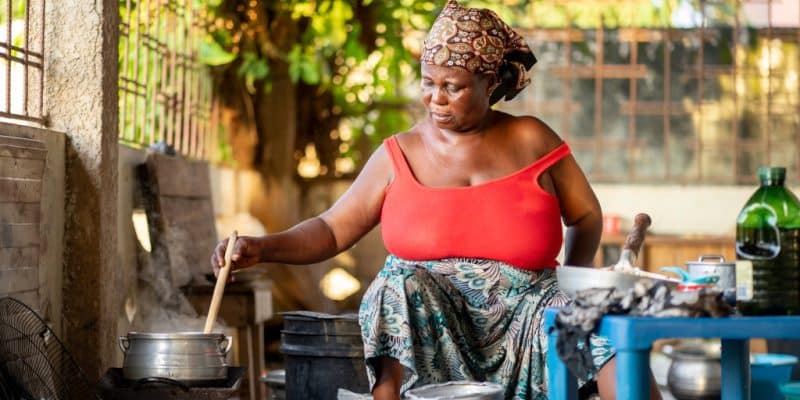Mauritania has taken a bold step toward modernising its travel and immigration systems with the launch of its electronic visa (e-Visa) platform, effective January 5, 2025. The fully digital system replaces traditional sticker visas and on-arrival visa services, offering international visitors a streamlined and efficient application process.
The e-Visa initiative, introduced by the National Agency for the Population Register and Secure Titles (ANRPTS), aims to simplify travel procedures while enhancing border security. Travelers can now apply for visas online via the official ANRPTS website. The system requires applicants to provide personal details, passport information, and the purpose of their visit. Supporting documents, such as a passport-style photo and a scanned copy of the passport, must also be uploaded.
Read also: Germany launches e-Visa application for Nigerians, others to attract 400,000 skilled workers
Upon approval, travelers receive an e-Visa document containing a QR code, which they must present upon arrival for biometric verification. This digital-first approach reduces the need for embassy visits and lengthy in-person applications, significantly cutting down processing times and improving traveler convenience.
Improved security and efficiency
The introduction of the e-Visa system aligns Mauritania with global trends in digital travel solutions. The new platform enhances the country’s ability to monitor and regulate international arrivals while minimizing border delays. Biometric data collection at entry points ensures a smoother and more secure immigration process for travelers.
However, nationals from 11 neighbouring countries—Algeria, Burkina Faso, Chad, Guinea, Mali, Mauritania, Morocco, Niger, Senegal, Sudan, Tunisia, and Western Sahara—are exempt from the e-Visa requirement and can continue to visit Mauritania without applying online.
For travellers required to apply for an e-Visa, the fees vary based on the duration of the stay, with a 30-day visa costing approximately €55 or $60. Payments are processed upon arrival in Mauritania, followed by biometric data collection to finalise the visa entry procedure.
Read also: Thailand launch e-Visa application for Nigerians, Ghanaians, other African nations
A step toward digital transformation
This move is part of Mauritania’s commitment to leverage technology for economic and social development. By adopting a digital visa system, the country aims to attract more international visitors, improve operational efficiency, and ensure compliance with modern security standards.
The e-Visa platform represents a significant milestone in Mauritania’s efforts to position itself as a forward-thinking destination for tourism and business. Travelers are encouraged to apply for their e-Visas well in advance to ensure a hassle-free journey to the nation.

